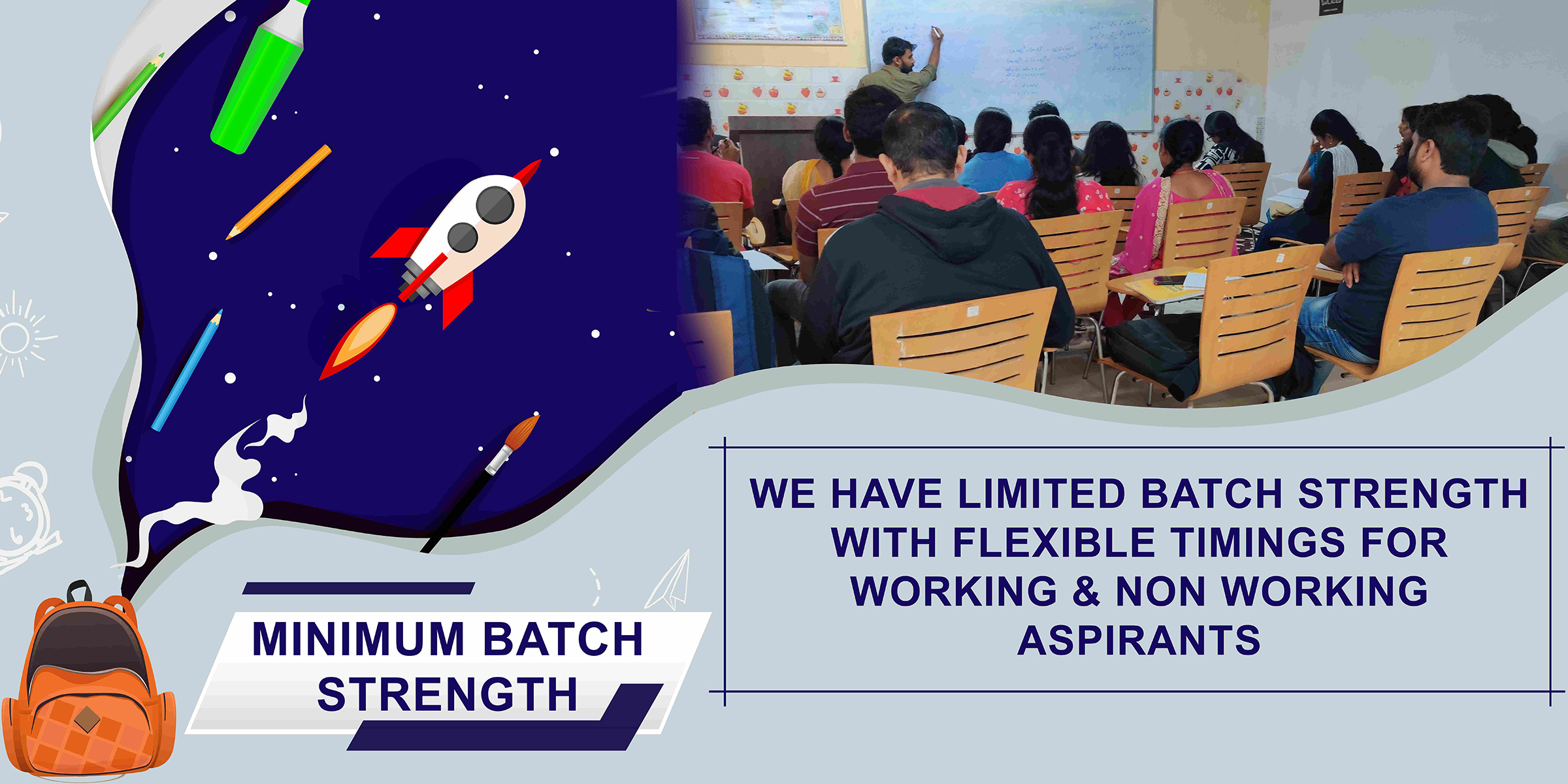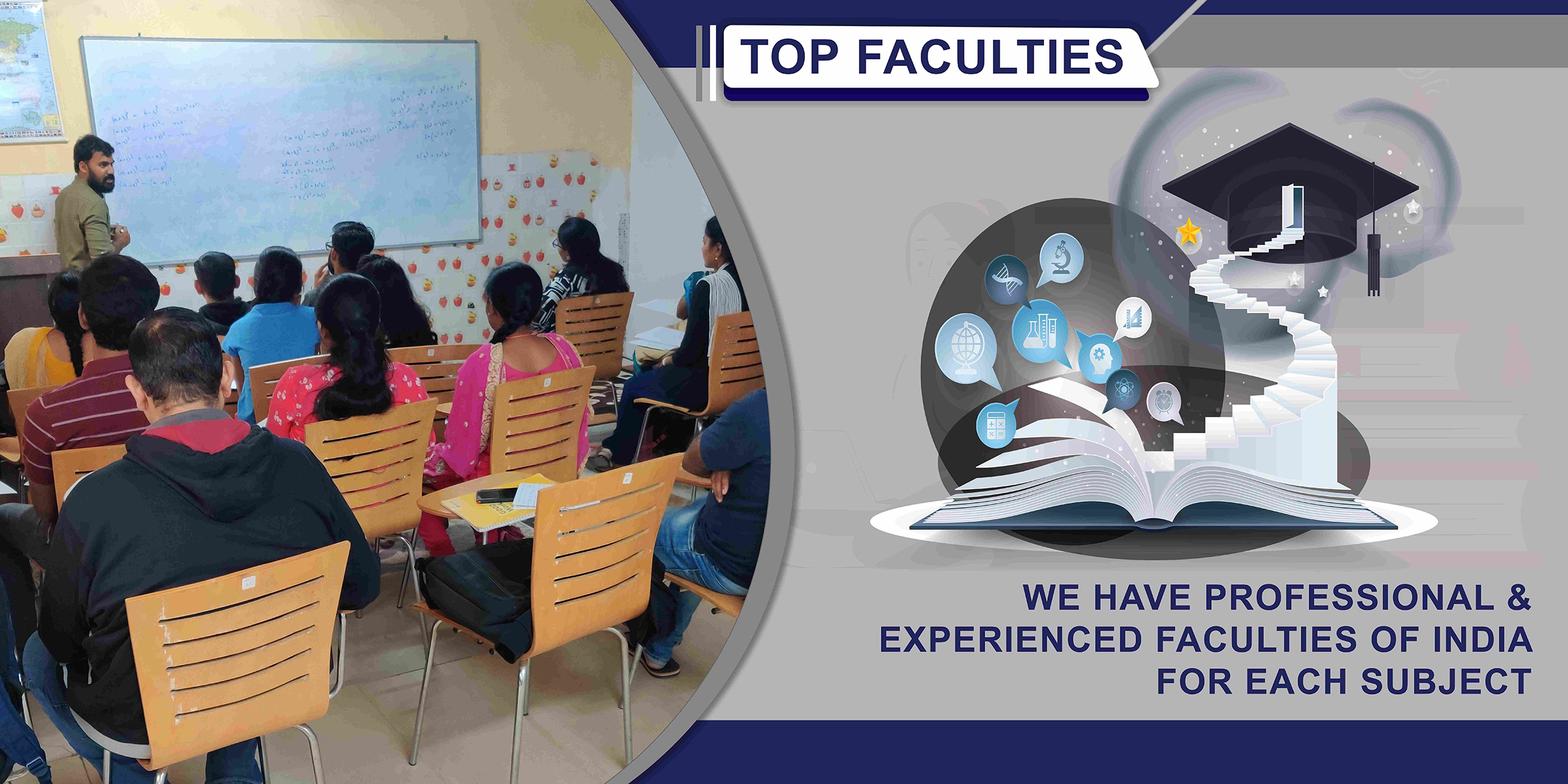Article 370 in Part XXI of the Constitution grants a special status to it. Accordingly, all the provisions of the Constitution of India do not apply to it. It is also the only state in the Indian Union which has its own separate Constitution.
Accession of J&K to India With the end of the British paramountcy, the State of Jammu and Kashmir (J&K) became independent on 15 August 1947. Initially its ruler, Maharaja Hari Singh, decided not to join India or Pakistan and thereby remain independent. However, he ultimately signed under the ‘Instrument of Accession of Jammu and Kashmir to India’ and under it the state surrendered only three subjects: defence, external affairs and communications to the Dominion of India. Article 370 was incorporated in the Constitution of India and became operative on 17 November 1952.
The important features of the special state are as follows:
1. Contrary to the case with the other states, the residuary power lies with the legislature of the Jammu and Kashmir (and not the Parliament).
2. The state has its own Constitution. This also implies that ‘dual citizenship’ principle is followed in this state.
3. Part-IV (Directive Principles of State Policy) and PartIV(A) (Fundamental Duties) are not applicable to the state.
4. The National Emergency proclaimed only on the ground of war or external aggression shall have automatic extension to the state of J&K. This means that the National Emergency proclaimed on the ground of armed rebellion shall not have automatic extension to J&K.
5. Financial Emergency (Art 360) cannot be imposed on the state.
6. Art. 19(1) and 31(2) have not been abolished for this state and hence “right to property” still stands guaranteed to the people of J&K.
7. The Parliament is not empowered to make laws on the subjects of state list (7th schedule) for the state of J&K under any circumstance.
8. The Governor of the state is to be appointed only after consultation with the Chief Minister of that state.





